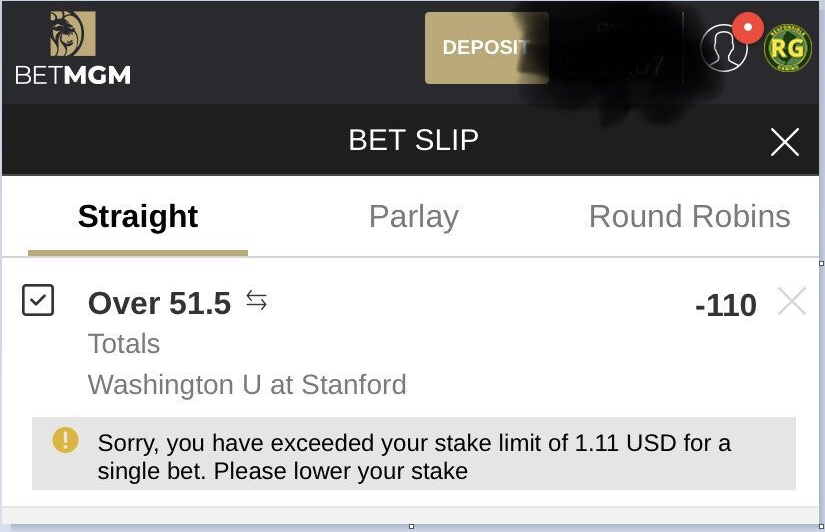How do you think they come up with the opening lines man? It's just super clear that you don't understand what you're talking about here; just because there is a large amount of noise around estimates of a player or team's ability doesn't mean you can't make estimates.Predicting the future in college basketball is impossible with anything approaching being "any good" at it. If there were a model out there that could tell you how well a player/team would perform on any given future game, someone would become a billionaire on sports betting and the entire betting industry would shut down.
So there is no "how they do it" because no one can actually do it.
As you've said, the sample sizes are too small for such analytics - there's no sense even bringing them into the discussion.
Also:
Bill Benter - Wikipedia
You are just way off track here man. First of all, the phrase "how good someone is" does not rely on a subjective definition for "good". I can fairly easily define for you that a better 3 point shooter is one that makes more of his shots than a worse three point shooter. Whether we think 30% or 35% or 40% is the line at which someone becomes "good" is completely ****ing irrelevant and has literally nothing to do with anything we are talking about.Who said it was an insult?
The word "good" is a subjective one. There's no mathematical definition of a "good" shooter or "good" basketball player. You can use your analytics to try to inform your own subjective opinion... but at the end of the day, it's still subjective. If you set a specific set of criteria to empirically define "good", it'd still just be your own subjective set of criteria that isn't universally accepted.
It's like someone saying it's "chilly" outside.... that means different things to different people. Arguing about whether 49.3 degrees Fahrenheit should technically be referred to as "chilly" or not is just being pedantic.
You said "a full college career of reasonable volume 3 point shooting is not enough to really know how good someone is".... that's bonkers. You've set your own mathematical threshold of determining of "good" outside the data set.
Even if you had 10K games by a specific player, you'd still need to set some threshold above which would be "good" and below which would be some other subjective label... and people could rationally disagree with where you set the line.
Again, though, "good" is subjective. One person can say that Baker is a "good" player, and another can say he's a "mediocre" player, or a "poor" player, or whatever.... choose your adjective. Because each person is using their own definition, and the English language isn't empirical... there's no universally recognized definition of a "good" player in this context that can be mathematically calculated.
And any empirical definition of "good" would rely on countless other variables, a great many of which aren't tracked or even measurable.
Maybe you think only the top 30 teams are "good" while maybe I classify top 100 as "good". Ok, cool, literally no one ****ing cares it's the ranking that matters and the analytics are how you get the ranking.
It's just factually true though.So, while stats and analytics are fun to look at and talk about in relation to basketball players - and can spawn fascinating and interesting (and worthwhile) discussions - forcing everything into that context isn't always a good fit. I generally agree with most of what you post, and frequently take things away that I continue to read about and learn something.... but saying a full college career isn't enough to know how good someone is was just a bridge too far.
Like, you are welcome to keep doing the fan thing of looking back on someone's career and analyzing how good it was etc. Have a blast, no one is trying to stop you. But if you want to bitch on this message board about how someone sucks or should never shoot again because he's 4 for his last 20 or whatever I'm still going to be around to tell you how stupid that is. People will try to tell you opinions can't be wrong... I don't really agree.
(To be clear, I'm not accusing you of doing this.)

